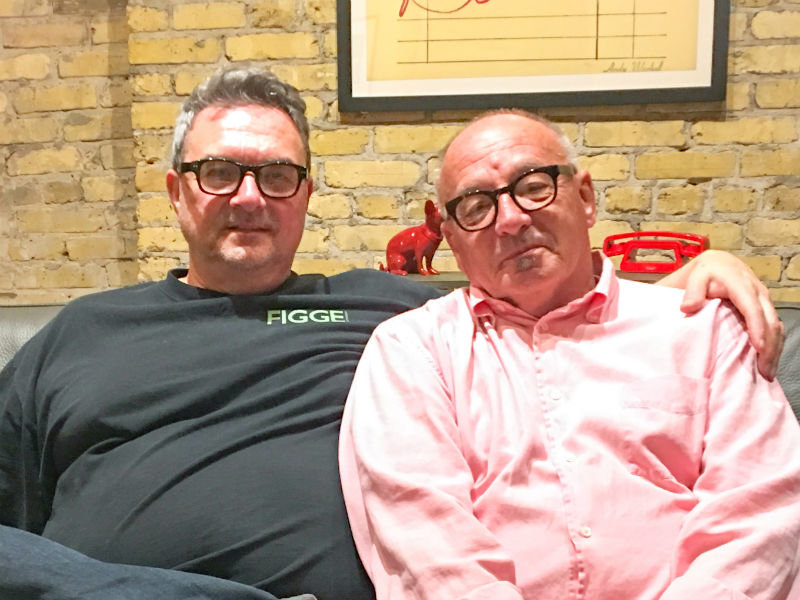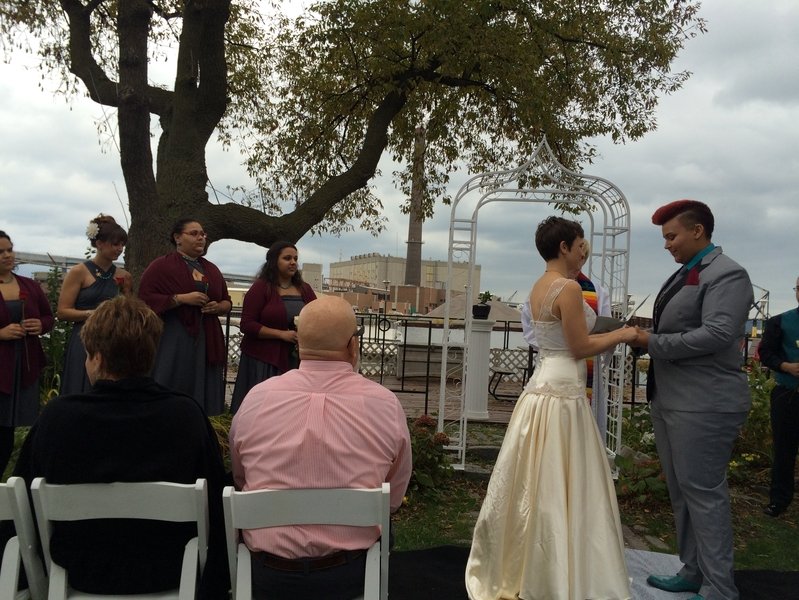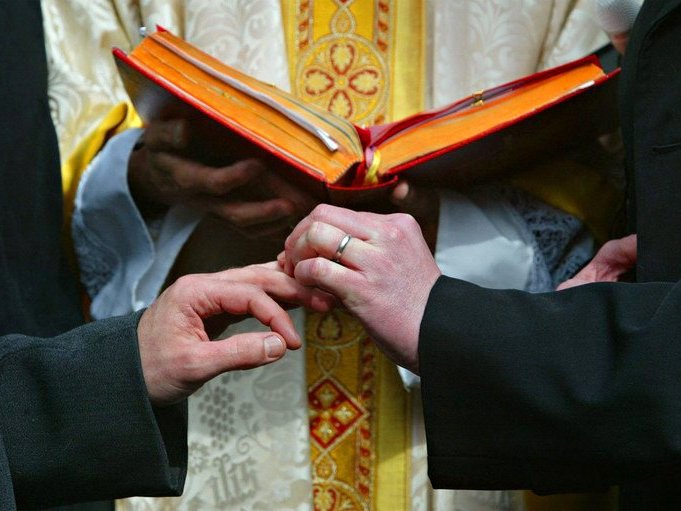Tina and I just got back from a week-long conference in Cambridge, Mass. We were at a Peaceable Schools and Communities Institute, learning about creating school environments that are anti-racist and anti-oppression, and about ways to support students and staff in finding resolutions to conflict that strengthen the school community rather than break it apart.
Just being emotionally and intellectually present for nine hours every day was exhausting, not to mention that the institute's faculty filled our days with activities that made us wrestle with societal forces so much bigger than us.
So, it was no surprise that the evenings after the conference found us wandering around Cambridge and Boston, dazed by the blistering heat and with no particular agenda. We straggled through Back Bay, and South End, and North End, and Boston Common, and Downtown Crossing, but it was in Beacon Hill where something in our neighborhood meandering clicked with something from the conference. "Boston marriages!" I said to Tina, as if I had just remembered someone's name from high school.
It was in high school, through Henry James' 1886 novel The Bostonians, that I was introduced to the 19th century convention of long-term, committed, same-sex partnerships among women that became commonly known as "Boston marriage." There's great debate about whether some of these relationships weren't sexual, but in the Victorian mindset of the time it seemed right that women who weren't interested in getting married and having children should settle down together to keep each other company and ensure each other's virtue.
Many of the women in these relationships were feminists, active in political movements and intellectual realms. Some of them became the first women in their professions in the U.S., or were prominent writers, artists, or teachers. Boston marriage offered women a mostly socially acceptable way to subvert the oppressive gender roles of the day. It's no accident that Massachusetts became the first state to approve same-sex marriage in the U.S., given their history of rethinking relationships.
Since we decided to get married, Tina and I have been wearing matching rings on our right hands. Even though we got legally married in Canada, we've kept the rings on the right, engagement rings for a social engagement the state of Wisconsin hasn't been able to fit into its busy schedule. We decided on the plane ride to Boston that we would enjoy Massachusetts' marriage law by wearing our rings on our left hands all week. It felt good, but it also emphasized that our marriage has no home.
There's Canada, where we are married but don't live. There's Massachusetts, where we could be married over again if we chose to live in the state for a couple of years first, and where our Canadian marriage might be socially but not legally acknowledged. And then there's Wisconsin, where we just simply are not married. Period.
It's not a coincidence that when the women in Boston marriages started having an impact on the politics of the day, the religious and political forces in New England made sure that these relationships were shut down. It occurred to me, during this week of learning about oppression and resistance, that Tina and I are in a Boston marriage: a serious, lifelong relationship that some other people can't see the meaning in, one that seems unreal (and possibly even cute or titillating) to some. Maybe we'll keep our rings on our left hands now, a reminder of Boston.
Jennifer Morales is an elected member of the Milwaukee Board of School Directors, the first person of Latino descent to hold that position. She was first elected in 2001 and was unopposed for re-election in 2005. In 2004, she ran for a seat in the Wisconsin state senate, earning 43% of the vote against a 12-year incumbent.
Previously, she served as the editorial assistant at the educational journal Rethinking Schools; as assistant director of two education policy research centers at UW-Milwaukee; and as the development director for 9to5, National Association of Working Women.
She became the first person in her immediate family to graduate from college, earning a B.A. in Modern Languages and Literatures from Beloit College in 1991.
In addition to her work on the school board, she is a freelance editorial consultant and a mother.







